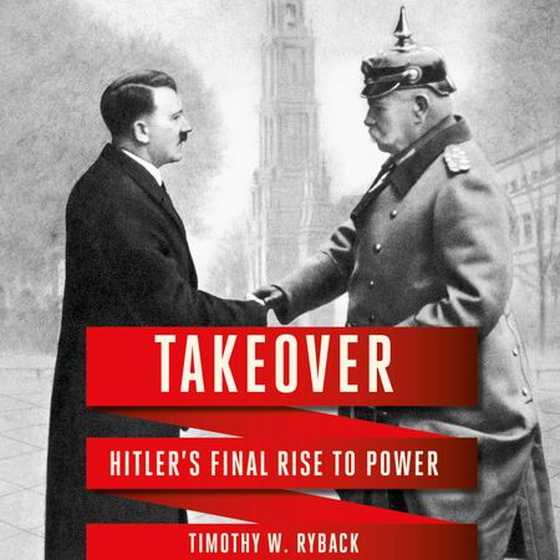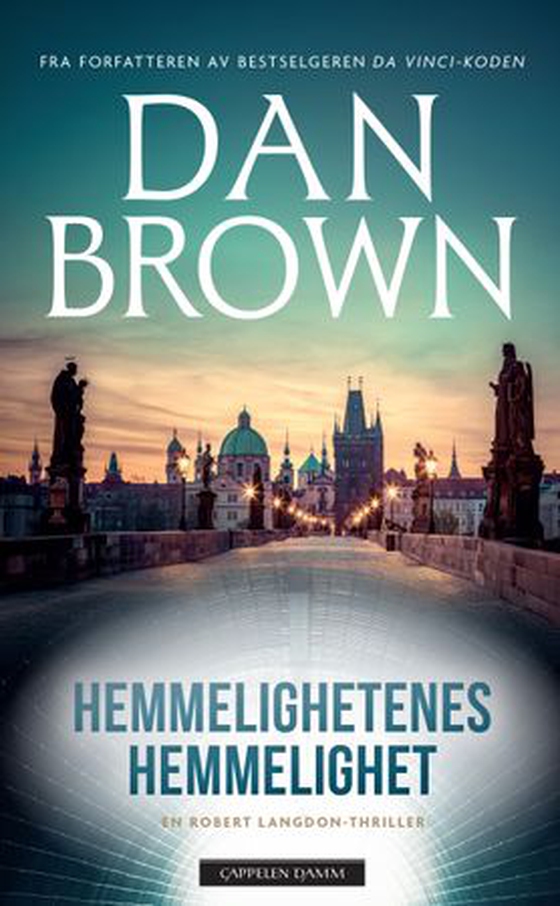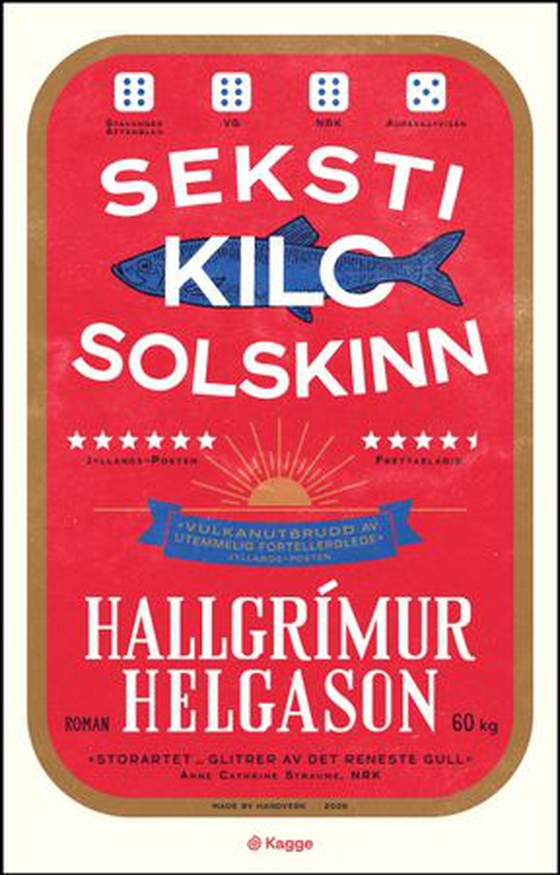
Takeover lydbok
296,-
From the internationally acclaimed author of Hitler's Private Library, a dramatic recounting of the six critical months before Adolf Hitler assumed power, when the Nazi leader teetered between triumph and ruin.In the summer of 1932, the Weimar Republic was on the verge of collapse. One in three Germans was unemployed. Violence was rampant. Hitler's National Socialists surged at the polls. Paul vo…
From the internationally acclaimed author of Hitler's Private Library, a dramatic recounting of the six critical months before Adolf Hitler assumed power, when the Nazi leader teetered between triumph and ruin.In the summer of 1932, the Weimar Republic was on the verge of collapse. One in three Germans was unemployed. Violence was rampant. Hitler's National Socialists surged at the polls. Paul von Hindenburg, an aging war hero and avowed monarchist, was a reluctant president bound by oath to uphold the constitution. The November elections offered Hitler the prospect of a Reichstag majority and a path to political power. But instead, the Nazis lost two million votes. As membership hemorrhaged and financial backers withdrew, the Nazi Party threatened to fracture. Hitler talked of suicide. The New York Times declared he was finished. Yet somehow, in a few brief weeks, he was chancellor of Germany.In fascinating detail and with previously un-accessed archival materials, Timothy W. Ryback tells the remarkable story of Hitler's dismantling of democracy through the democratic process. He provides a fresh perspective and insights into Hitler's personal and professional lives in these months, in all their complexity and uncertainty-backroom deals, unlikely alliances, stunning betrayals, an ill-timed tax audit, and a fateful weekend that changed our world forever. Above all, Ryback makes clear why a wearied Hindenburg, who disdained the "Bohemian corporal," ultimately decided to appoint Hitler chancellor in January 1933.Within weeks, Germany was no longer a democracy.
Forlag
Headline
Utgitt
26.03.2024
Lengde
11:6
Sjanger
Historie, Dokumentar og fakta, Politikk og samfunn
Språk
English
Format
mp3
DRM-beskyttelse
App-only
ISBN
9781035417759
From the internationally acclaimed author of Hitler's Private Library, a dramatic recounting of the six critical months before Adolf Hitler assumed power, when the Nazi leader teetered between triumph and ruin.
In the summer of 1932, the Weimar Republic was on the verge of collapse. One in three Germans was unemployed. Violence was rampant. Hitler's National Socialists surged at the polls. Paul von Hindenburg, an aging war hero and avowed monarchist, was a reluctant president bound by oath to uphold the constitution. The November elections offered Hitler the prospect of a Reichstag majority and a path to political power. But instead, the Nazis lost two million votes. As membership hemorrhaged and financial backers withdrew, the Nazi Party threatened to fracture. Hitler talked of suicide. The New York Times declared he was finished. Yet somehow, in a few brief weeks, he was chancellor of Germany.
In fascinating detail and with previously un-accessed archival materials, Timothy W. Ryback tells the remarkable story of Hitler's dismantling of democracy through the democratic process. He provides a fresh perspective and insights into Hitler's personal and professional lives in these months, in all their complexity and uncertainty-backroom deals, unlikely alliances, stunning betrayals, an ill-timed tax audit, and a fateful weekend that changed our world forever. Above all, Ryback makes clear why a wearied Hindenburg, who disdained the "Bohemian corporal," ultimately decided to appoint Hitler chancellor in January 1933.
Within weeks, Germany was no longer a democracy.
In the summer of 1932, the Weimar Republic was on the verge of collapse. One in three Germans was unemployed. Violence was rampant. Hitler's National Socialists surged at the polls. Paul von Hindenburg, an aging war hero and avowed monarchist, was a reluctant president bound by oath to uphold the constitution. The November elections offered Hitler the prospect of a Reichstag majority and a path to political power. But instead, the Nazis lost two million votes. As membership hemorrhaged and financial backers withdrew, the Nazi Party threatened to fracture. Hitler talked of suicide. The New York Times declared he was finished. Yet somehow, in a few brief weeks, he was chancellor of Germany.
In fascinating detail and with previously un-accessed archival materials, Timothy W. Ryback tells the remarkable story of Hitler's dismantling of democracy through the democratic process. He provides a fresh perspective and insights into Hitler's personal and professional lives in these months, in all their complexity and uncertainty-backroom deals, unlikely alliances, stunning betrayals, an ill-timed tax audit, and a fateful weekend that changed our world forever. Above all, Ryback makes clear why a wearied Hindenburg, who disdained the "Bohemian corporal," ultimately decided to appoint Hitler chancellor in January 1933.
Within weeks, Germany was no longer a democracy.
Ingen anmeldelser ennå







